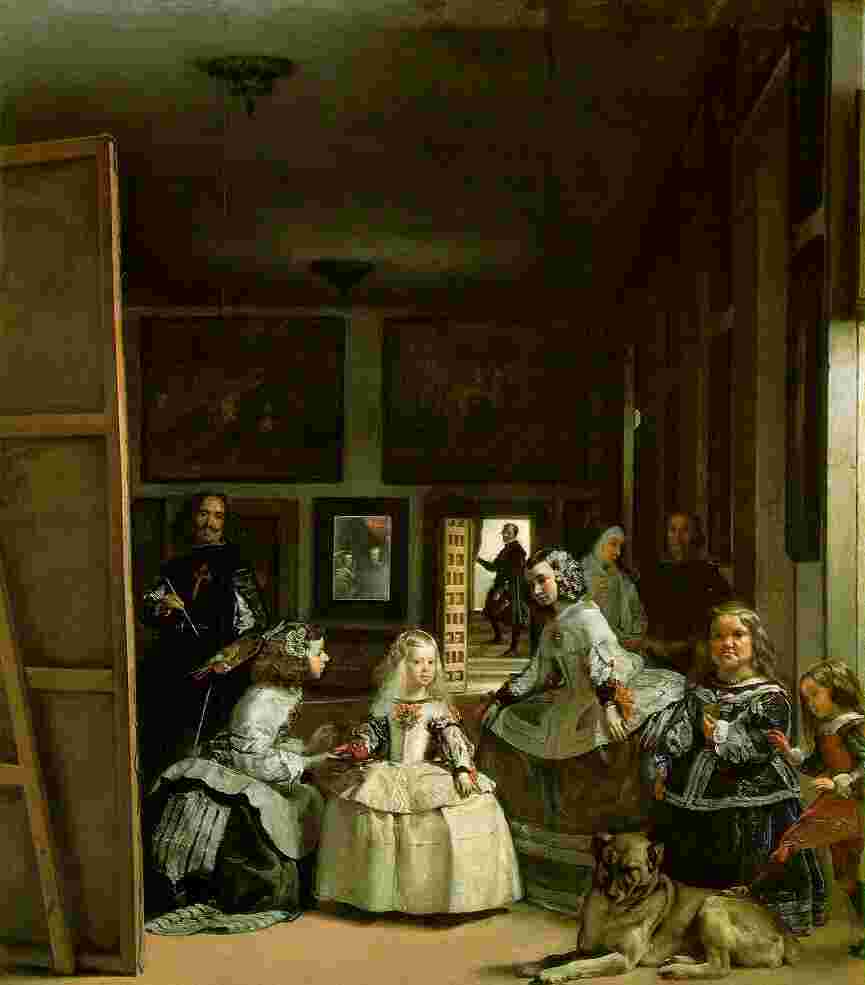Venetian
Studies
(1880
and 1882)
(Click
on paintings to step closer)
Sargentís Venitian
Studies are some of his most effective and consequential paintings he ever
did and are, for me, among my very favorites. His interest in Venice on
his two trips in 1880 and then again in 1882, was much deeper and fair
more subtle than most of his contemporaries who, by and large, were eager
to paint the grand palces and canals and the stunning Saint Mark's
that most people associate with the city.
Speaking Italian
fluently, and having lived in the country (in and out during the family's
trips) all his life, he could blend in and no one would be the wiser.
He could move like a native without notice down the back streets, shop
the small markets, converse with workers, fishermen, merchants who were
not directly part of the tourist trade. He had been studying closely the
work of Velazquez and Frans Hals and he was excited by these two painters
who would just reach right out and grab you by your coat-lapel and floor
you with a reality that was deeper, truer, bolder, and more honest than
anything generally seen at the Salon in Paris.
No, Venice
for Sargent would not be the usual suspects of opulent palaces and cathedrals.
He had something much better in mind. He would take his intellect, the
ability to blend with the natives, his skill and training; and he would
cut with razor sharp perception right to the core of Venetian life.
Each one of
these paintings are very carefully planned and you can clearly see Sargent
experimenting with what he had been
learning from Velazquez's Las
Meninas of 1656. The use of depth excited him, and in each of these
paintings he explores that idea. With Venetian
Interior and A Street in Venice he specifically works with a
secondary light source brighter than the primary at the far distance. Venetian
Interior is the most complex with figures in different levels of perspective
and in different shaddings of light. been
learning from Velazquez's Las
Meninas of 1656. The use of depth excited him, and in each of these
paintings he explores that idea. With Venetian
Interior and A Street in Venice he specifically works with a
secondary light source brighter than the primary at the far distance. Venetian
Interior is the most complex with figures in different levels of perspective
and in different shaddings of light.
|
